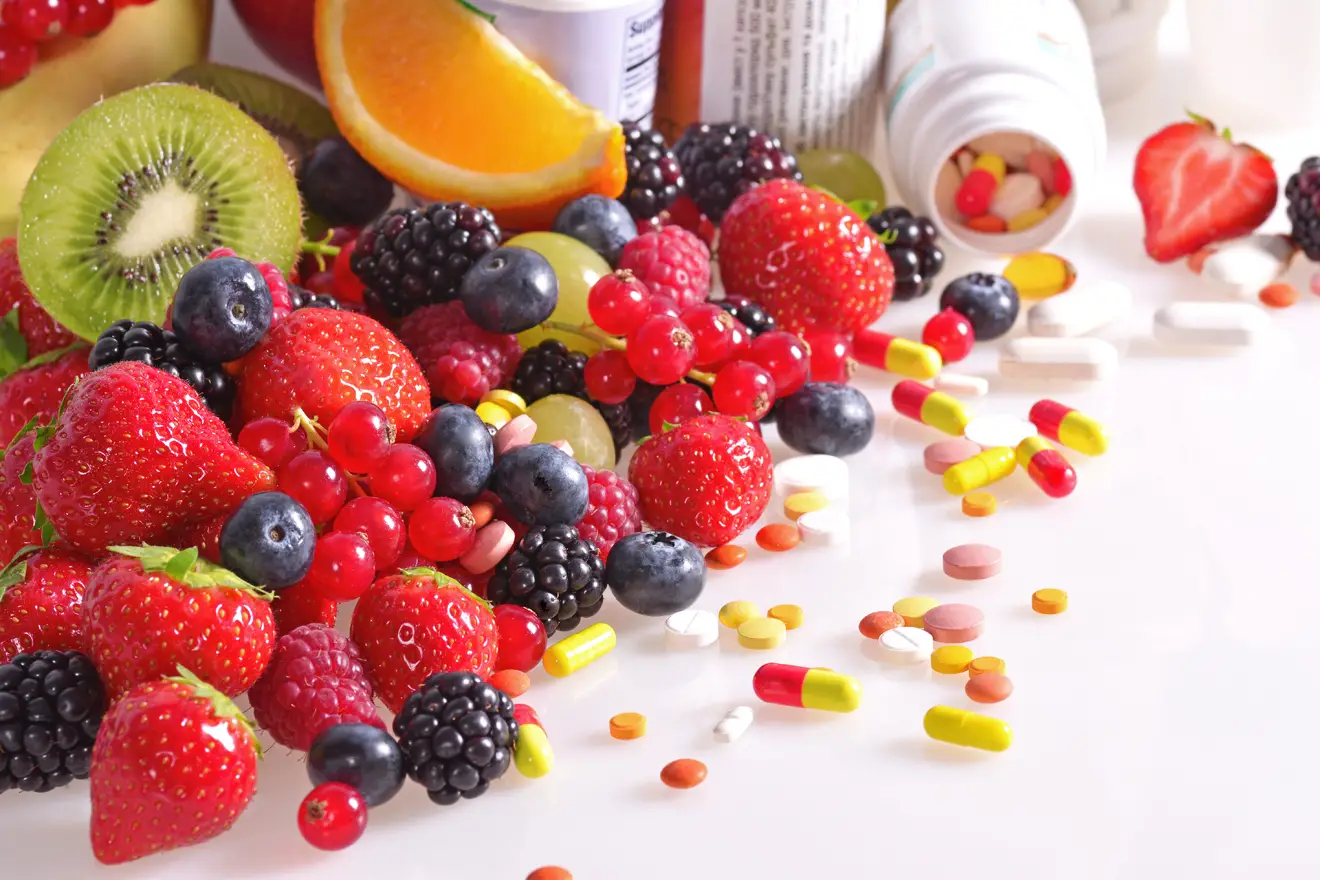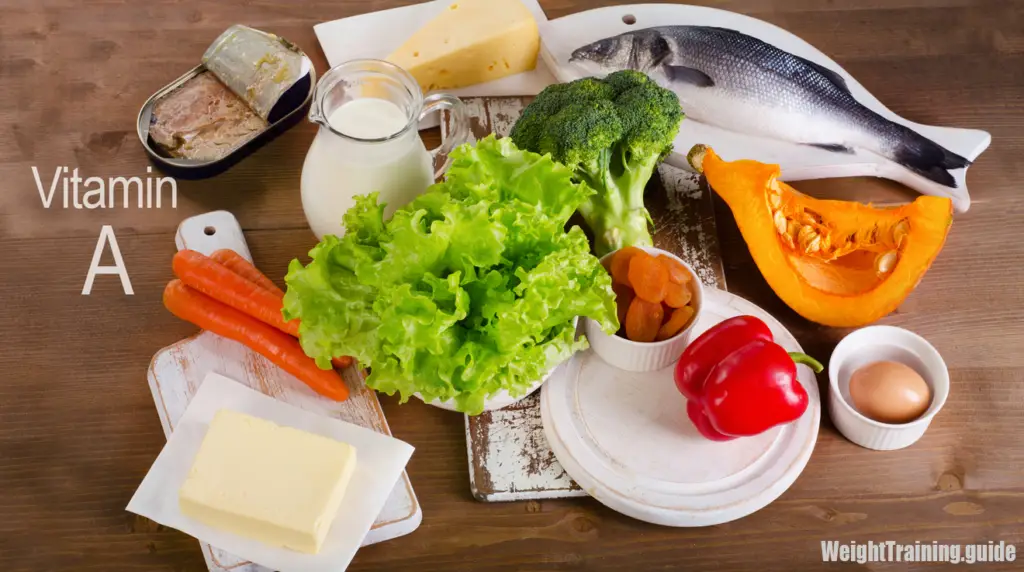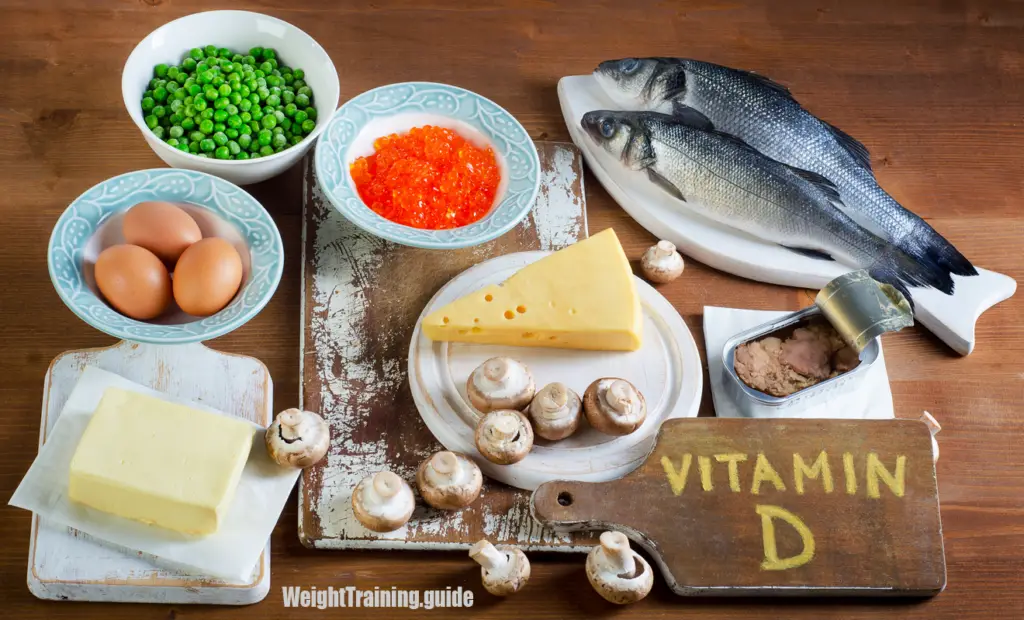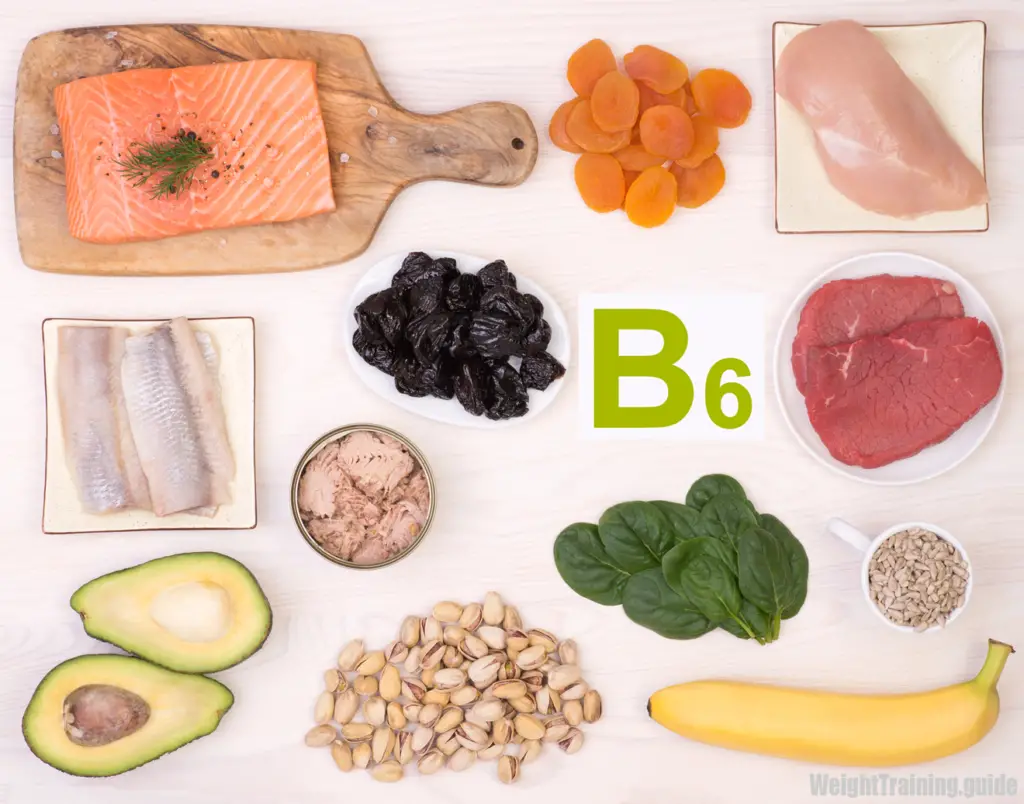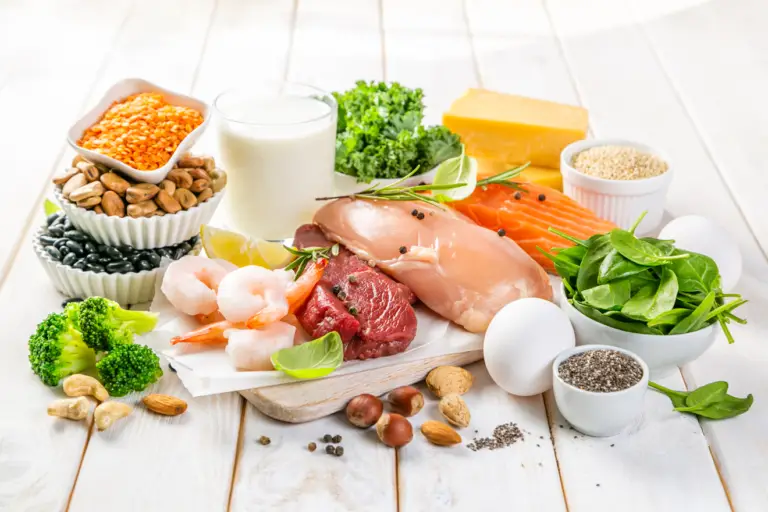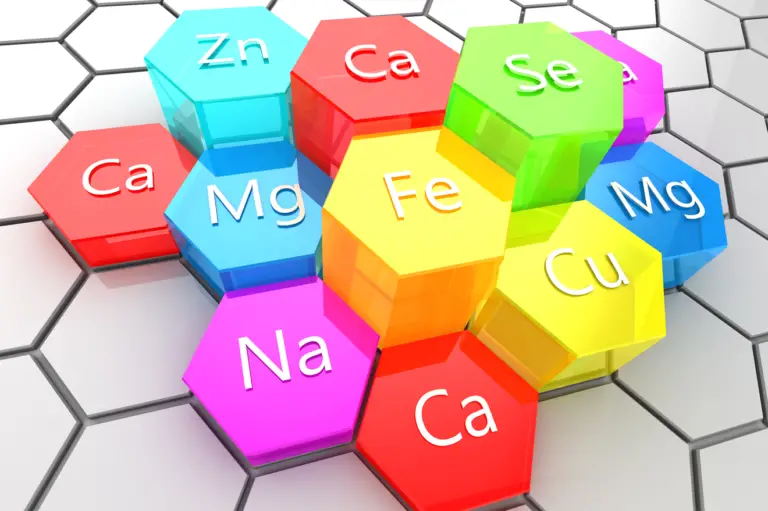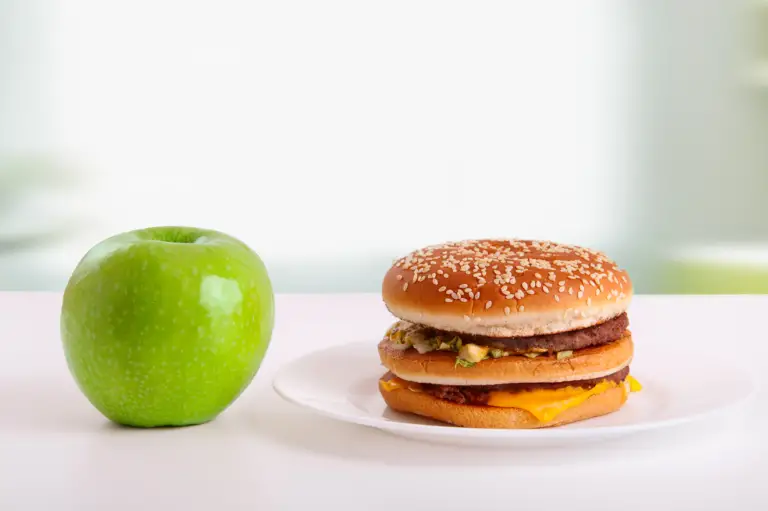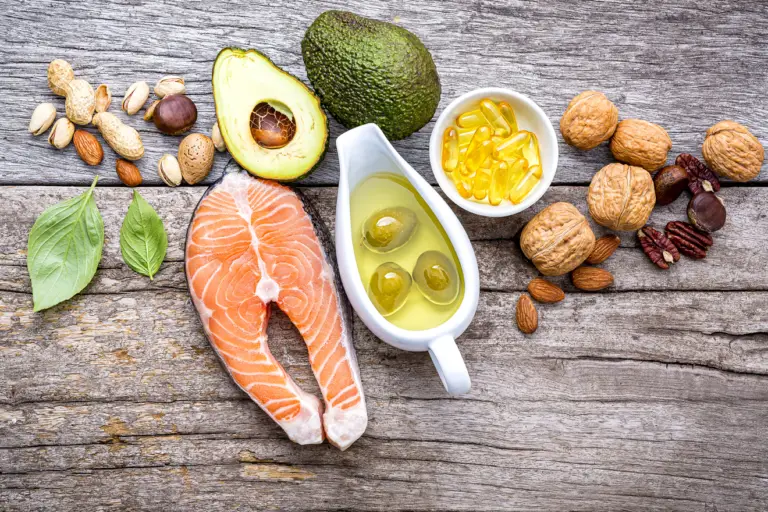Vitamins
What are vitamins?
Vitamins are organic chemical compounds that your body needs but cannot synthesize in sufficient quantities by itself. They have diverse biochemical functions and are very important for proper health, growth, metabolism, and function.
Together with dietary minerals, vitamins are known as micronutrients because they are needed by the body in small amounts. In comparison, macronutrients (protein, carbohydrate, and fat) are needed in large amounts.
You can get all of the vitamins you need from your diet, provided it is balanced, nutrient-dense, and varied. If you do not get enough of a certain vitamin, you may suffer from health problems. Vitamin deficiencies can be fixed by changing your diet or taking a supplement. Before starting a supplement, speak to your doctor. It is better to consume a variety of foods instead of taking a multivitamin supplement because the supplement may not be absorbed properly. You can also suffer from health problems if you get too much of a vitamin for a prolonged period of time.
Types of vitamin
There are 13 types of vitamin:
- Vitamin A
- Vitamin C
- Vitamin D
- Vitamin E
- Vitamin K
- B vitamins (thiamine, riboflavin, niacin, pantothenic acid, vitamin B6, biotin, folate, and vitamin B12)
According to the USDA, adult Americans do not typically get enough vitamin D, which is a public health concern. Vegetarians may also need to supplement vitamin B12.
Vitamin A
Vitamin A (Figure 1) is needed for good vision and the proper growth and maintenance of your cells. Good sources of vitamin A include:
- Vegetables, such as sweet potato, sweet red pepper, carrots, and lettuce
- Dark leafy greens, such as kale, spinach, dandelion greens, collards, Swiss chard, and pak choi
- Fruits, such as butternut squash, pumpkin, cantaloupe, mango, and papaya
- Dried apricots, dried prunes, and dried peaches
- Fishes, such as tuna, sturgeon, and mackerel
- Oysters
Figure 1. Sources of vitamin A.
Vitamin C
Vitamin C helps the body to form collagen, which is the main protein used as connective tissue in the body. Good sources of vitamin C include:
- Fruits, such as guava, oranges, kiwis, strawberries, cantaloupe, papaya, pineapple, and mango
- Vegetables, such as raw red sweet pepper, raw green sweet pepper, Brussels sprouts, broccoli, sweet potatoes, and cauliflower
Vitamin D
Vitamin D (Figure 2) is responsible for enhancing your body’s ability to absorb and regulate levels of calcium, phosphate, and magnesium. It is synthesized in small amounts by your body when ultraviolet rays from sunlight strike your skin, but you also get some from your diet. Vitamin D is naturally present in very few foods. Consequently, it is often artificially added to foods, such as milk, breakfast cereals, juices, yogurts, and margarines. Natural sources of vitamin D include:
- Fatty fishes, such as salmon, tuna, and mackerel
- Fish liver oils
- Beef liver
- Cheese
- Egg yolks
- Mushrooms
Figure 2. Sources of vitamin D.
Vitamin E
Vitamin E is an antioxidant, which is a nutrient that helps fight damage to the cells in the body. Good sources of vitamin E include:
- Nuts and seeds, such as sunflower seeds, almonds, hazelnuts, pine nuts, peanuts, and brazil nuts
- Turnip greens
- Peanut butter
- Spinach
- Avocado
- Tomato paste, sauce, and puree
Vitamin K
Vitamin K plays a key role in helping your blood to clot, which prevents excessive bleeding. It’s also needed for strong bones. Vitamin K is generally not supplemented. You should not take vitamin K supplements unless your doctor tells you to do so. Good natural sources of vitamin K include:
- Leafy green vegetables, such as spinach, cabbage, Swiss chard, lettuce, kale, cauliflower, broccoli, dandelion greens, and Brussels sprouts
- Some fruits, such as avocados, kiwis, strawberries, and grapes
- Some vegetable oils, such as soybean oil
B vitamins
There are eight B vitamins:
- Thiamine (vitamin B1)
- Riboflavin (vitamin B2)
- Niacin (vitamin B3)
- Pantothenic acid (vitamin B5)
- Vitamin B6
- Biotin (vitamin B7)
- Folate (vitamin B9)
- Vitamin B12
B vitamins are needed for healthy skin, hair, and eyes, as well as healthy liver and nervous system function. All of them also help your body to convert carbohydrates into glucose, as well as metabolize fats and proteins.
Thiamine (vitamin B1) is needed to form adenosine triphosphate (ATP), which every cell in your body uses for energy. Good dietary sources of thiamine include:
- Legumes, such as beans and lentils
- Meats, such as beef and pork
- Brewer’s yeast
- Whole-grain breads and cereals
- Oatmeal
- Rice bran and wheat germ
- Milk
Riboflavin (vitamin B2) helps your body to utilize the other B vitamins. It may also help to protect cells from oxidative damage. Good sources of riboflavin include:
- Meats, such as lamb, beef liver, and wild salmon
- Milk and yogurt
- Eggs
- Mushrooms
- Spinach
- Almonds
- Sun-dried tomatoes
Niacin (vitamin B3) is essential for processing fat in the body, lowering cholesterol, and regulating blood sugar. Good sources of niacin include:
- Fishes, such as tuna, mackerel, and skipjack
- Other meats, such as pork, chicken, beef, turkey, and liver
- Peanuts
- Green peas
- Sunflower seeds
- Avocados
Pantothenic acid (vitamin B5) is essential for cellular processes and optimal maintenance of fat. Good sources of pantothenic acid include:
- Meats, such as pork, beef, chicken, turkey, and oily fish (e.g. trout and wild salmon)
- Eggs
- Cheese
- Mushrooms
- Avocados
- Sweet potatoes
- Sunflower seeds
Vitamin B6 (Figure 3) is necessary for the proper maintenance of red blood cell metabolism, the nervous system, the immune system, and many other bodily functions. Good sources include:
- Fishes, such as wild salmon, halibut, and tuna
- Meats, such as turkey, chicken, and lean beef and pork
- Dried fruits, such as apricots, prunes, and raisins
- Sunflower seeds
- Pistachio nuts
- Bananas
- Avocados
- Cooked spinach
Figure 3. Sources of vitamin B6.
Biotin (vitamin B7) plays a central role in many pathways of metabolism, including fat and sugar metabolism. The best sources of biotin are:
- Meats, such as salmon, pork, and liver
- Yeast and whole-wheat bread
- Various nuts, such as almonds and walnuts
- Some types of berries, including strawberries and raspberries
- Vegetables, such as Swiss chard, carrots, onions, cucumbers, and cauliflower
- Egg yolk
- Milk
- Tofu
- Mushrooms
Folate (vitamin B9) is required for numerous bodily functions, including DNA synthesis and repair, cellular division, and cellular growth. Folate is especially important in pregnant women, in whom it is used for proper fetal development. Folic acid is the synthetic form of folate, found in fortified foods and supplements. Good natural sources of folate include:
- Beans, such as black-eyed peas, mung beans, pinto beans, and chickpeas
- Lentils
- Vegetables, such as spinach, asparagus, lettuce, and broccoli
- Tropical fruits, such as mango, pomegranate, papaya, guava, kiwi, and banana
- Avocados
- Oranges
- Wheat bread
Vitamin B12 is the largest and most complex vitamin. It can only be synthesized by bacteria and can only be found naturally in animal products. Synthetic vitamin B12 is widely available and added to many foods, such as cereals. Good natural sources include:
- Shellfish, such as oysters and mussels
- Beef and chicken liver
- Fishes, such as tuna, mackerel, salmon, herring, and sardines
- Crab, shrimp, and crayfish
- Meats, such as beef and lamb
- Low-fat milk and yogurt
- Swiss cheese
- Eggs

